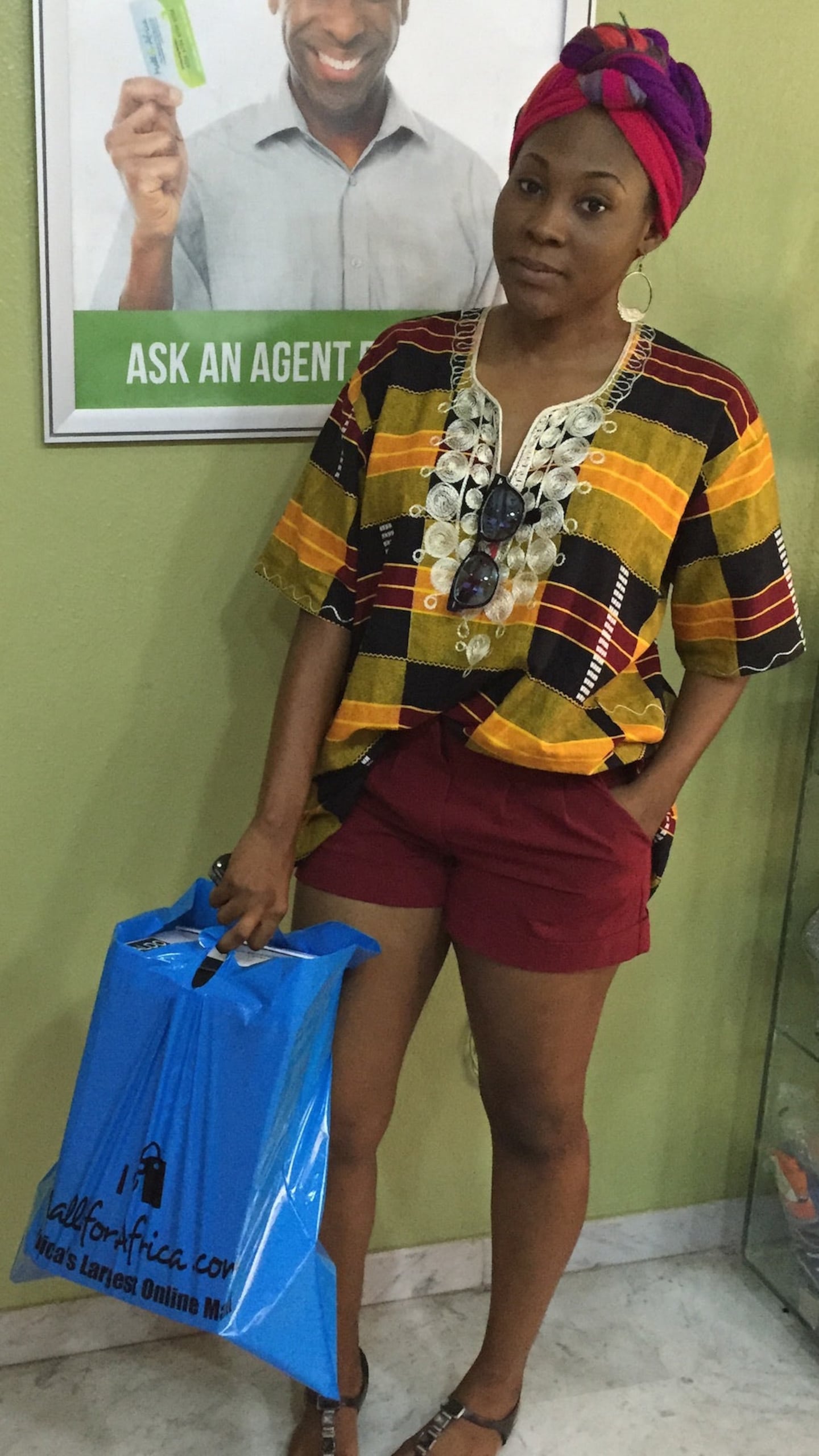
The Business of Fashion
Agenda-setting intelligence, analysis and advice for the global fashion community.

Agenda-setting intelligence, analysis and advice for the global fashion community.

SAN FRANCISCO, United States — Fashion doesn't function well if the Internet is on the blink. For Africa to showcase its fashion globally and promote the cross-border buying and selling of branded clothes, one thing is absolutely essential: Africa needs a collaborative online fashion environment.
Creating such an environment would bring a significant boost to African trade overall. It would also set the stage for an unprecedented boost to the fashion community, resulting in job creation for thousands and a world brought closer together through creativity.
But it will only come if the Internet is made accessible to the masses — and this will only come if the cost of connectivity is reduced and the Internet speed increased. The rate of Internet penetration across Africa is about half that of the rest of the world. So unfortunately, for many of Africa’s humblest buyers and sellers, the online marketplace is still very much out of reach.
Although companies like Facebook and Wikipedia have been sponsoring toll-free data — which provides a rudimentary text-only version of their content to mobile devices, free of charge — this doesn’t help an image-led industry like fashion. The result is that many would-be fashion entrepreneurs are often unable to benefit from platforms like these that would otherwise help them collaborate with one another and increase market knowledge, sales and publicity.
ADVERTISEMENT
Until recently, online access to fashion was also an issue for Africa's affluent. All my life, fashion and style have been a lifeline for cosmopolitan African consumers whose hunger for brands like Polo Ralph Lauren or Prada is matched only by their willingness to buy. But the products they see in international editions of InStyle or GQ are not on sale in brick-and-mortar stores on the continent. And because of poor Internet connectivity and online merchants' hesitancies about the risks of selling to Africa, they were not available online either.
But in building MallforAfrica.com, Africa’s largest online mall, I was able to help change that. The first step was building a zero-risk solution for international online stores to sell to Africa for free. The second was creating a trustworthy channel African consumers could use to purchase and receive items from online stores that don’t ship to Africa.
Prior to this, in my travels to and from my home country of Nigeria, the lists of items that people would ask me to bring back from big international retailers that didn’t ship to Africa were getting longer and longer. And as more and more people obtained some degree of online access, the hunger for online fashion only grew.
What prevented these consumers from getting the goods they desired was, simply, their location. Some online stores didn’t accept African-issued payment methods or accept the local currency. Others didn’t ship to Africa for fear of fraud or expensive return costs. Many stores didn’t understand the intricacies of African customs, duties or how to guarantee delivery on the continent. Others simply lacked market knowledge. Selling to Africa — even online — was seen as a complicated web of uncertainties that most merchants were unwilling to navigate.
By removing these risks and complications, Mall for Africa has since opened the door to over 120 stores from around the world. Prior to that, like many other retailers, American fashion retailer Macy’s had, never in its 150-year history, shipped to Africa. It has since done millions of dollars worth of transactions there.
But despite all of this progress, we are far from achieving our potential. Africa is still missing out on billions of dollars in transactions because of the high cost of getting online and poor Internet speeds. Even modest improvements on this front could see fashion trade and collaborations with other countries take a front seat in the story of Africa’s economic development.
We see all of this and more on the horizon. Governments, technology providers, investors and others stakeholders in Africa’s digital infrastructure must work together to make better connectivity a priority, so that African fashion can leapfrog ahead.
Chris Folayan is the founder of Mall for Africa, an app that enables African consumers to shop from international online retailers.
ADVERTISEMENT
The views expressed in Op-Ed pieces are those of the author and do not necessarily reflect the views of The Business of Fashion.
Join the discussion on BoF Voices, a new platform where the global fashion community can come together to express and exchange ideas and opinions on the most important topics facing fashion today.
This week’s round-up of global markets fashion business news also features Brazil’s JHSF, the Abu Dhabi Investment Authority and the impact of Taiwan’s earthquake on textile supply chains.
This week’s round-up of global markets fashion business news also features Dubai’s Majid Al Futtaim, a Polish fashion giant‘s Russia controversy and the bombing of a Malaysian retailer over blasphemous socks.
As luxury marketing hits saturation point in Dubai during the Muslim holy month, global brands are ramping up their local engagement in other Gulf cities including Riyadh, Abu Dhabi and Kuwait City.
Chanel, Louis Vuitton and Tiffany & Co are among the brands expanding in Perth, Australia in a bid to tap its mining, oil and gas wealth and newfound status as a travel hub.